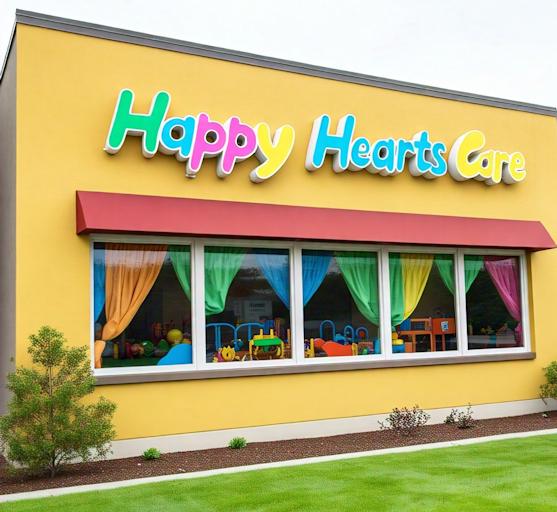Although attending college is a lot of fun, in these tough economic times attending a full-time on campus college may not be the best option. Or economically speaking it may not be an option at all. But these days with the advent of the Internet everything seems to be available online and that applies to a quality education as well. So if you have decided that you need a good education to get ahead in the world (and you do) and you are looking for an economical way to accomplish that goal you should seriously consider an Online College. But not all online educations are created equal. Be sure to do your homework carefully before deciding.
Choosing an Online College

The process of finding the right online college can be frustrating. Sometimes it seems like quality institutions with degree programs that fit your ambitions are few and far between. Part of the problem may lie with your college-search strategy, however. Recent studies have shown that students who decide what they want to study before they choose their institution enjoy greater academic success and a clearer path to a higher degree. Gone are the days when you had to travel across the state or country to an elite four-year institution if you wanted to obtain something more than a vocational certification or two-year degree. The largest Christian private university is now Liberty University, with a main campus in Lynchburg Virginia hosting almost 15,000 students and a robust online presence with almost 85,000 enrolled students. Online colleges let you enroll in part-time or full-time courses of study without ever leaving your home, and most offer hundreds of different online degree programs.
Online College Opportunity
Upward Mobility
If you’re looking to continue your education at another institution, make sure your online university is accredited. Degrees from non-accredited institutions tend to hold less water both with accredited universities and private-sector employers. Be sure to read the fine print before you sign up for any online classes as you don’t want to sink time and money into a degree that will be of limited value. This is especially true for teachers looking to fulfill continuing education requirements. Many school systems don’t accept certain online programs.
Plan Your Attack
It also helps to chart your course in advance. If your ultimate goal is a master’s or professional degree, research the steps that you’ll need to reach it. Choose an accredited online institution that offers the particular bachelor’s degree that you’ll need as a precursor to your master’s degree as well as the advanced degree itself. Transferring from an online school like the University of Phoenix to a bricks-and-mortar state university is often messy because different institutions use different methods for calculating credit loads. The last thing you want is to arrive at a new school and find that you’re a year behind where you should be (or worse yet that none of your credits will transfer in).
On the other hand, transferring from Liberty University’s Online program to their on-campus program is relatively painless. One good option is to plan to take the majority of your college classes on-line and then finish up your degree on campus. That way your diploma is actually from a bricks and mortar institution. Just be sure the college you plan to graduate from accepts the online credits you take (preferably before you take them). Also many colleges have a maximum number of credits that they will allow you to transfer in (or put another way a minimum of credits that you will have to take from their on-campus facility).
Note: One good way to check out the quality of an online school is to see if bricks and mortar schools will allow you to transfer in their credits.
Beware of Online Scams
Unlike traditional campus-based institutions, many Universities with robust online presences exist to turn a profit and unfortunately some exist simply to milk the Government Financial Aid gravy train, often producing graduates with massive debts and little chance of using the degree to get gainful employment after graduation. Be sure to check the placement rate and loan default rate of graduates. You can search the Government database using the Official Cohort Default Rate Search for Post-secondary Schools the national average is currently over 8%. For comparison purposes, we can see that, in 2009 (the most recent year with data available in the database) University of Phoenix has a default rate of 18.8%, The University of South Florida has a default rate of 6.3%, Liberty University has a default rate of 4.8%, Penn State has a default rate of 4.2% and Princeton University has a default rate of 2.2% .
Even though the Federal Government mandates that colleges disclose their placement rates, they are often more difficult to find and colleges with poor placement rates have been known to hide or misrepresent their true placement rates. In a recent study, the American Education Institute found that many colleges did not provide this information even though they were required to do so. See: The Truth Behind Higher Education Disclosure Laws.
On-Line College Financial Considerations
Most online students work part-time as well, so you won’t be alone if you need to take on an extra job, but be careful not to over-schedule yourself if you do have to work outside of school.
These days, you can expect to graduate from college with an average of $20,000 in student debt. Since a sum of that size takes some time to pay off, saving expenses by living at home and taking classes online makes sense. It costs colleges much less to offer classes online, the lectures are often prerecorded and used over and over, they don’t need the massive infrastructure of a Bricks and Mortar facility and they often have remote grad-students doing the grading so they should be able to pass some of the savings on to you. Liberty for instance, offers online tuition costs that are roughly 1/2 the cost of the same classes on-campus. So beware of on-line colleges that charge tuition equivalent to that of on-campus Universities.
As an online student, you’ll find no shortage of educational opportunities and career paths open to you. Do your homework before choosing your online university, taking into account its entry-level and advanced degree options, financial aid package, accreditation, reputation and placement rate. If you play your cards right, you’ll be on your way to an advanced degree in no time.
See Also: The Difference a Degree Makes in Unemployment Levels
For more information on Choosing an Online College
Image Source: Flickr


